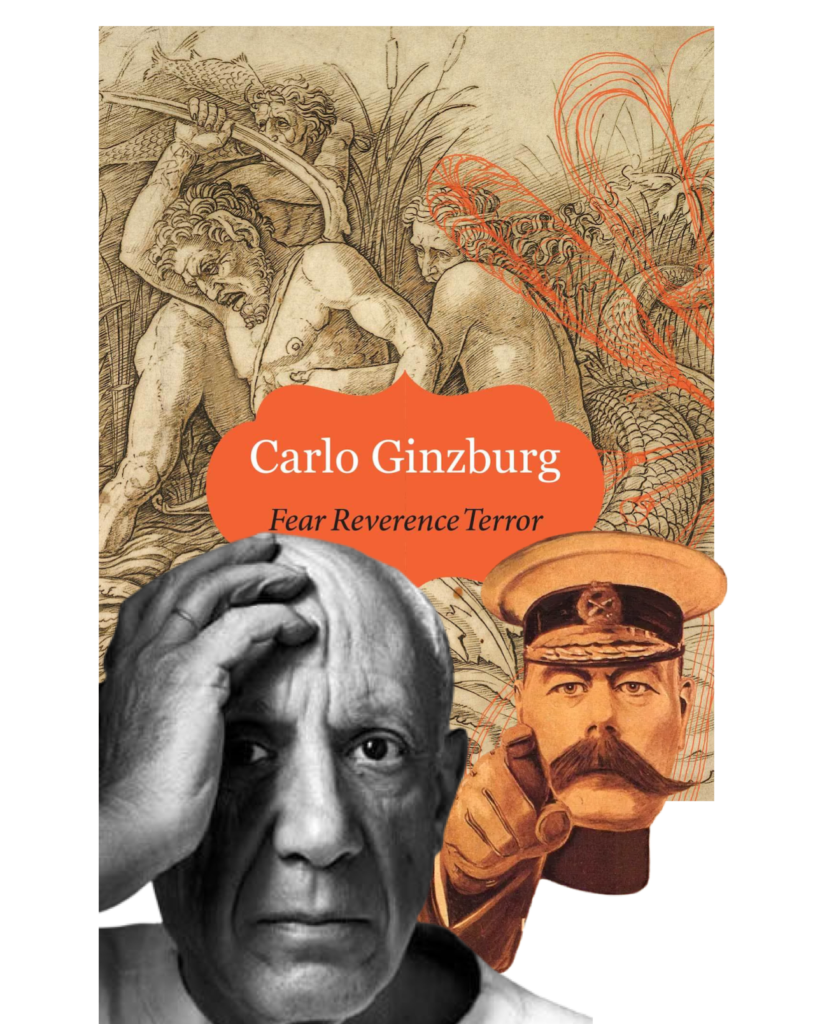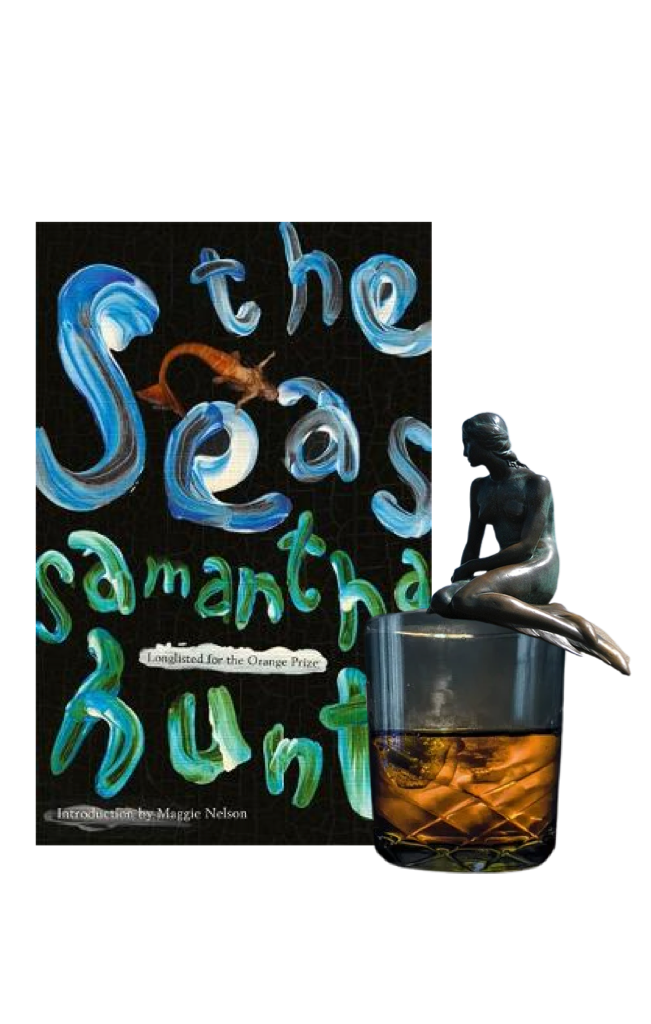Welcome to the first of many semi-regular updates about books I have been reading. If you are wondering ‘what sort of books might this entail?’ then that is an excellent question to which I have no solid answer. I read a wide range of fiction and non-fiction, and well, really anything that captures my attention. Historically, this has often been books which in some way explore culture and social history – it being my area of study. Indeed, it is a broad and rather vague capture, however with such elusiveness comes freedom. So, I hope that along the way you will discover some great authors and books, new and old, which span genres, disciplines, and decades.
Throughout these articles you may find hyperlinks to an array of miscellanea that has informed or cropped up in my reading, such as: podcasts, YouTube clips, articles, indie publishers, authors, and more.

Recently, I have been delving into a bit of non-fiction, starting with Fear, Reverence, Terror by Carlo Ginzburg – a beautifully put together and illustrated collection of essays from Seagull Books. This is a new publisher as well as author to me, both I am really glad to have come across – thanks to an episode of The Quarantine Tapes featuring Elif Shafak in which Carlo Ginzburg is spoken of. For those of you that have read Natalia Ginzburg it may interest you to know that Carol Ginzburg is the son of Natalia. Following in his mother’s footsteps Carlo went on to be a historian of sorts. Now a well regarded micro-historian, Carlo has an eye for the specific. By applying this scrutinizing eye to specific artifacts (16th Century gilded vases, WW1 army recruitment posters, Picasso’s Guernica) Carlo strips them of any immediate or popular interpretations and reassembles them in the reader’s eye by comprehensively contextualising the artifact. By doing so, Carlo unfolds and documents history more accurately, expanding out of and then exploding the fetishized linear narratives we are all familiar with. In this way we come to realise that history is constantly happening and everything we know now has some intimate and ongoing relationship with the past and the future.

Following on from obscured representations of history, I am currently reading Black Wave by Kim Ghattas. Since listening to a podcast recording of Kim’s talk at Politics and Prose Bookshop in Washington, I have been awaiting the publication of the paperback. What first drew me to listen to the podcasts was Naji Bakhti’s Between Beirut and the Moon a stunning debut novel published by Influx Press last year. The Novel left me with lots of questions and more forcefully a disconcerting realisation that not only was this a topic I knew little about, but what little I thought I knew was woefully misguided. Thus, I sought out a thorough , yet readable, contemporary history of the Middle East and arrived at Black Wave. Kim Ghattas is a Lebanese journalist whose previous work includes The Secretary: A Journey with Hillary Clinton from Beirut to the Heart of American Power. A piece of reportage that documents her time with Hilary Clinton, when Clinton was Secretary of State. In a way Black Wave is a pre-history to this time, offering an insight into the confusion and conflict which pervades the popular understanding of the Middle East today. To achieve this, Ghattas focuses on the year 1979, a year in which three crucial events took place: the Iranian revolution; the siege at Mecca; and the Soviet invasion of Afghanistan. Through compelling and pacy prose, Ghattas documents the unfolding of each event, events which Ghattas proposes are fundamental to the current state of the Middle East today. Through Black Wave[‘s] clear sightedness, the reader is encouraged to look beyond a contemporary history punctuated by conflict, killing, and coups, and invited to view the Arab World in all of its rich culture, and history.
And for some quick reviews of a few of the other books I have had my nose in over the past couple of weeks:
The Living Sea of Waking Dreams by Richard Flanagan – The novel documents the unfolding of a family dispute which centres around the ethical implications of suspending the mother’s imminent death- a death brought on by a number of old age health implications. As the siblings fight to prolong this inevitable death, in the name of life, wild fires which are scorching Tasmania rapidly approach Mainland Australia and the rest of the world seems to be teetering on the edge of its final breath. While all this takes place, Anna, the books protagonist, is experiencing the mysterious and painless disappearance of her limbs. This truly is a Lynchian response to a world aflame.
I Remember by Joe Brainard – A strange and fragmented collection of Joe Brainard’s memories, from childhood into adolescence. Joe Brainard invades the interiority of the readers own memoires by delivering with great precision and vividity recollections that we all thought were uniquely our own. In this way Brainard exposes the ways in which we are connected – even in our perceived uniqueness.

The Seas by Samantha Hunt – Set in a small, whisky drenched North-American fishing town, this novel follows a narrator whose inability to accept her father’s death urges her deeper into the belief that she is a mermaid. Samantha Hunt’s inky novel documents the unfolding of mania, how it is born, and how it thrives. This is a dark story of drowning, for fans of Daisy Johnson, Han Kang, and Ariana Harwicz.
The Most Precious of Cargoes by Jean-Claude Grumberg – From the prolific and highly regarded playwright Jean-Claude Grumberg, comes this harrowing Holocaust fable. The fable documents the shifting dynamics of a small poverty stricken wood-cutter community after a Jewish baby is thrown from a train, and taken in by ‘the woodcutter’ and ‘the woodcutter’s wife’; all while the babies family continue their journey toward a Nazi death camp. A short and powerful reminder of the banality and pervasiveness of evil.
And that is just about it for this edition of A View from the Church Hill, if you have got this far then thank you for reading and take care, cheers.

